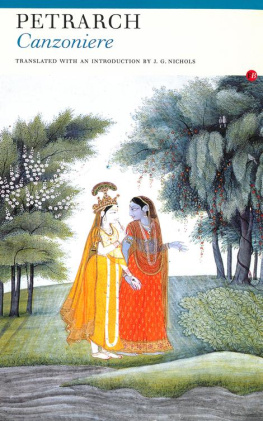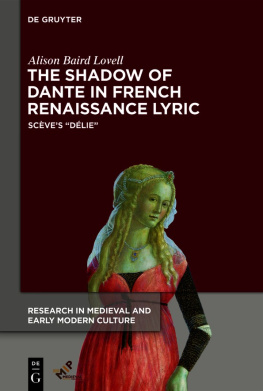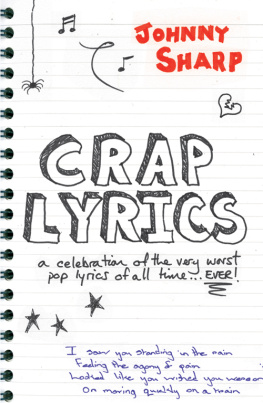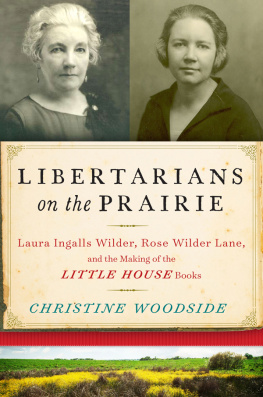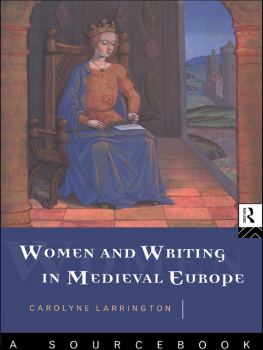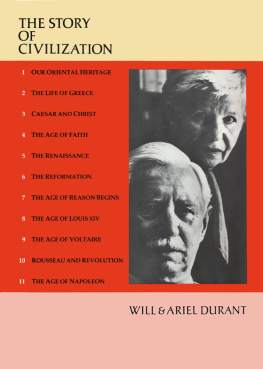from the edition by Gianfranco Contini (Einaudi, Turin, 1964), with frequent reference to the commentaries in the editions by Guido Bezzola (Rizzoli, Milan, second edition, 1985), Alberto Chiari (Mondadori, Rome, 1985), Piero Cudini (Garzanti, Milan, eleventh edition, 1992), Ugo Dotti (with Giacomo Leopardis commentary, Feltrinelli, Milan, 1979), and Robert M. Durling (with English prose translation, Harvard University Press, Cambridge Mass. and London, second impression, 1979). The three critical works in English which I have found most interesting and useful are: Kenelm Foster,
(Oxford University Press, 1984). My version of poem 164 has already been published in
, Volume 5, Part 1 (1996) in an anthology of versions of this poem from the last four and a half centuries. I wish to thank Mr C.J.
Hunt for permission to use the John Rylands University Library, Manchester.
FRANCESCO PETRARCA
Although I very much doubt whether my obscure little name can have reached you across such a gap of time and space, it is possible that you have some inkling of me, and perhaps you would like to know what sort of man I was, and what became of my works, especially those which you know only by repute. Francesco Petrarca,
To Posterity Despite the apparent modesty of that passage, Petrarch was quite certain that he was someone special, and he always found himself fascinating. What is more important, his copious writings continue to convey this fascination to us across a gap of more than six hundred years. What he has to say about himself is infinitely more interesting than what anyone else has to say about him. Nevertheless, reading him must involve us in one of his own favourite occupations attempting to understand the past.
And that requires some information . A select ad hoc chronology may help:
1304
20 July: Francesco born in the Tuscan town of Arezzo, where his parents have gone after being exiled from Florence two years before. (In 1304 Dante is thirty-nine and shortly to begin the writing of his
Divine Comedy.)
1313
The family move to Avignon. This is during the Babylonian Captivity of the Papal Court in that city, which lasts from 1309 to 1377 and is a great cause of scandal throughout Western Christendom. (1313 is the year of Boccaccios birth.)
1327
6 April: Petrarchs first sight of Laura, in the Church of Saint Clare in Avignon.
1336
Petrarch and his brother Gherardo make their famous ascent of Mont Ventoux in Provence: their ascent is famous because of Petrarchs account of it, in which his clumsy attempts to reach the peak with the least trouble to himself are contrasted with his brothers determined ascent by the shortest, even if hardest way an implicit allegory of the spiritual life.
In the later 1330s Petrarch starts making the collection of his Italian poems which is now known usually as his Canzoniere (collection of lyrics). He continues to work at this collection until his death.
133741
Petrarchs first stay in Vaucluse, near the source of the River Sorgue. The village on the spot where he lived is now known as Fontaine-de -Vaucluse (to distinguish it from the region to which it has given the name Vaucluse); it is still a remote place, dominated, as in Petrarchs day, by the huge rock which closes it off at one end, from which the Sorgue seems to rise, and by the Sorgue itself, a considerable river.
1341
On Easter Sunday Petrarch crowned with laurel on the Capitoline Hill and declared a Roman citizen. (Chaucer born in London in the early 1340s.)
1348
6 April: Laura dies in Avignon, a victim of the Black Death. (The same plague, in Florence, is the background to Boccaccios
Decameron.)
1350
On a visit to Florence Petrarch meets Boccaccio and forms a lifelong friendship.
1353
Makes his home in Italy, where he lives until his death.
1374
18 July: dies and is buried at Arqu (now Arqu Petrarca), a few miles south of Padua in the Euganean Hills.
1374
18 July: dies and is buried at Arqu (now Arqu Petrarca), a few miles south of Padua in the Euganean Hills.
This chronology is very brief, of course. More important than its omissions, however, are those details which may well not be historically accurate, and yet have been included. For instance, Petrarch himself is careful to tell us, more than once, that he first saw Laura on Good Friday 6 April 1327: that cannot be correct, since Good Friday did not fall on 6 April that year. This is not a quibble: Petrarch makes great play with this date (and, incidentally, the very hour of the day) and is unlikely to have been simply careless. When he tells us that Laura died twenty-one years later at the same hour, on the same day of the month, it becomes obvious that what we have here is neither truth, nor lies, nor error, but fiction. There are, of course, similar coincidences in Dantes account in his Vita nuova of his relations with Beatrice.
And there are other events in Petrarchs life which seem just as surprising: the arrival, from both the University of Paris and the Senate of Rome, and on the very same day, of invitations to be crowned poet laureate, is a glaring instance. Unless we are ready to assume there was a greater frequency of coincidence in the trecento than there is now, we must accept that Petrarch, like Dante, worked up what had happened in his life, or what he had arranged to happen, or even what had not happened, and presented it with an air of truth. This need not worry us, I suggest, unless we are concerned with history. To establish, in so far as that can be done, what actually happened, what is objectively true, is of course as valid a procedure with the life of Petrarch as it is with anything else; but it is a historical procedure, not a literary one. In this country at least, Petrarchs is, after Dantes, the best-known name in Italian literature. He may almost be said to have two reputations .
On the one hand we learn at school that he is among the greatest Christian humanists Europe has ever produced, even that he is the protohumanist, the man who started the Renaissance single-handed , the first modern man of letters; and this estimate is usually accepted without demur; after all, how many have the scholarship to argue? On the other hand there is his reputation, usually felt to be much more interesting to us now, as a lyric poet. Here we may feel that we are on surer ground because even if we have no Italian we can read and enjoy some of the fine adaptations of his work into English. Wyatts are perhaps the best known, Surreys are certainly the best, and there are many other poets all of the Elizabethan sonneteers for instance whose work is unimaginable without Petrarch somewhere behind it, even if a very long way behind it. In a time like ours when a poet is more likely to be seen, and to see himself, as an instinctive being than as a poeta doctus some may find it difficult to reconcile the two notions: the heavyweight man of letters and the writer of melancholy sonnets, exquisite but somewhat slight. For that is how they must often seem. This is partly because the most capable translators of Petrarch have Englished only a few of his poems, often the most straightforward ones, and the same ones are done again and again.
Another reason is that the immense fame of Petrarch, which has endured for hundreds of years, has led writers at times to a reaction of disparagement. Sir Philip Sidneys famous side-swipe at poor Petrarchs long-deceased woes is a good-humoured example. Some later poets may sound more appreciative of him, but really speak with less knowledge and also with a certain sentimentality, quite unsuitable for this most unsentimental of poets. Keatss mention of lovely Laura in her light green dress and faithful Petrarch gloriously crowned is accurate and laudatory, but gives no impression of what Petrarchs work is really like. Wordsworth, in his poem Scorn not the sonnet, is also sympathetic, but does not give any notion of the intellectual energy there is in Petrarchs vernacular poetry: the melody of this small lute gave ease to Petrarchs wound. Byron, while much less respectful, makes a shrewder comment, and one, I think, that Petrarch himself would have understood and appreciated: Think you, if Laura had been Petrarchs wife, he would have written sonnets all his life? Outwardly Petrarch was one of the most fortunate of writers.

